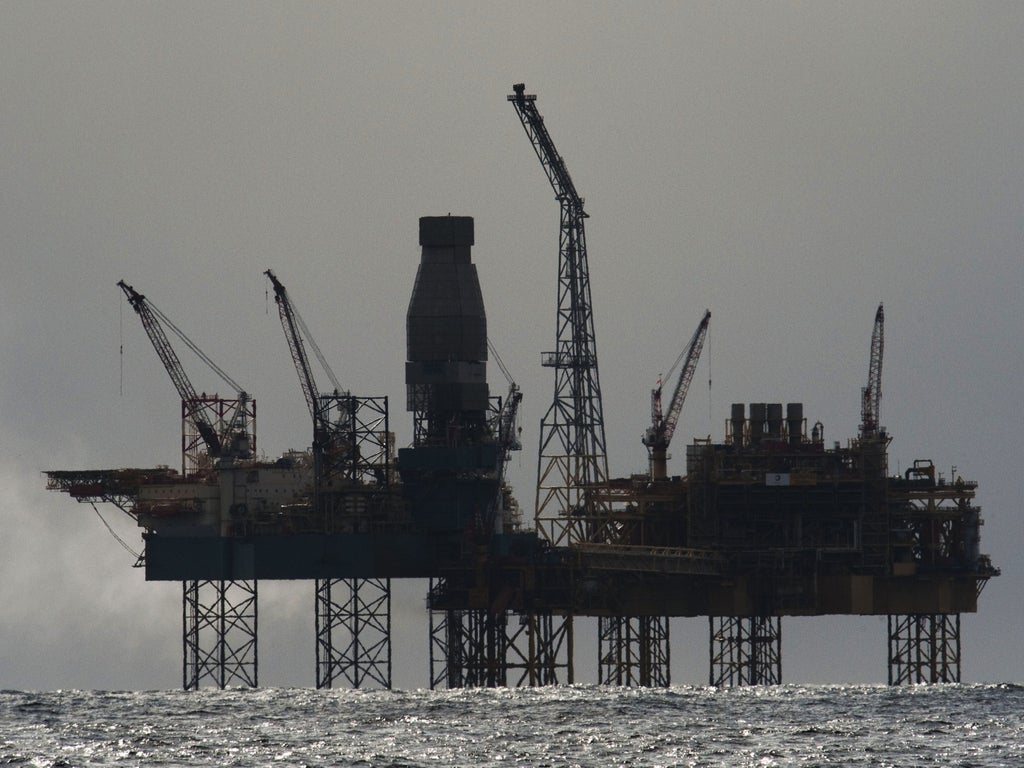
Russian president Vladimir Putin’s brutal war with Ukraine caused UK petrol and diesel prices to hit new highs of £1.52 and £1.55 per litre respectively on Thursday, as the international consequences of the violence begin to materialise a week after Moscow’s “special military operation” was launched.
Concern over the geopolitical ramifications of the invasion caused the market price of oil to soar and Brent crude – one of three industry benchmarks – rose to almost $115 (£85.89) a barrel, its highest level in 10 years.
Russia ordinarily exports around 5m barrels of crude oil per day, more than 5 per cent of the global total, but suppliers are now reluctant to deal with the country in light of the conflict, despite the West making exemptions for oil and gas amid its campaign of sanctions to keep the lights on.
Traders fear that further instability developing after placing an order will prevent their oil from being delivered and are concerned about complications surrounding transactions involving Russian banks under sanctions after they were excluded from the Swift payment system used to complete payments between lenders.
Russian crude is currently being sold at a massive discount of $15 (£11) to $20 (£15) per barrel but few European buyers are biting and Chinese and Indian traders lack the capacity needed to pick up the slack.
Given that background and the fact that refined oil is the base ingredient in the production of petrol, the price of fuel at the pumps has begun to climb accordingly, more bad news for consumers already facing a cost-of-living crisis as global economies struggle to rebound from the lockdowns imposed to fend off the coronavirus pandemic.
But what precisely is Brent crude, why is it used to judge value and why has it been impacted by events in Eastern Europe?
The international oil trade typically sees around 100m barrels bought and sold every day but it is actually a relatively recent phenomenon, with the first exchange taking place between the US and UK in 1861 when the Elizabeth Watts, a cargo ship, set sail from Pennsylvania bound for London with a maiden shipment.
Trade remained largely regional until after the Second World War when it gradually began to become more global as major corporations exerted greater control over the world’s natural resources.
Brent crude oil is drilled from Shell’s North Sea oilfield of that name between the Shetland Islands and Norway and began to be used in 1985 as the benchmark by which the price of a barrel of oil is judged because it is light and “sweet” and therefore easy to refine into fuel.
Because it comes from the sea, it can be easily transported by chartered tankers and the amount pumped modified according to demand, ensuring supply remains consistent.
As production from the Brent field fell off, the oil derived from other nearby fields – Forties, Oseberg and Ekofisk (the four known together as “BFOE”) – was factored into the blend making up the benchmark.
Today Brent crude accounts for just a small amount of the oil actually produced daily but determines the value of 60 per cent traded in oil contracts, futures and derivatives, not least because the 13 powerful countries that make up the Organisation of the Petroleum Exporting Countries (OPEC), who control most of the global oil production and distribution, use Brent crude as its benchmark.
The other rival benchmarks are West Texas Intermediate (WTI) and Dubai/Oman.
The advantage Brent has over WTI, which is equally favourable for use in fuel production, is that it comes from the landlocked oilfields of the southern US, as the name suggests, meaning it is less easy to transport because it is dependent on and constricted by pipeline capacity.
Having said that, the fact that WTI originates from the comparatively stable American mainland means it is less likely to be affected by market volatility in response to geopolitical strife than Brent crude.
Brent’s future as an industry benchmark is not assured, however, as resources become depleted and China’s recent efforts to promote Shanghai crude futures as an Asian alternative pose a threat to its status.
The Independent has a proud history of campaigning for the rights of the most vulnerable, and we first ran our Refugees Welcome campaign during the war in Syria in 2015. Now, as we renew our campaign and launch this petition in the wake of the unfolding Ukrainian crisis, we are calling on the government to go further and faster to ensure help is delivered. To find out more about our Refugees Welcome campaign, click here. To sign the petition click here. If you would like to donate then please click here for our GoFundMe page.







